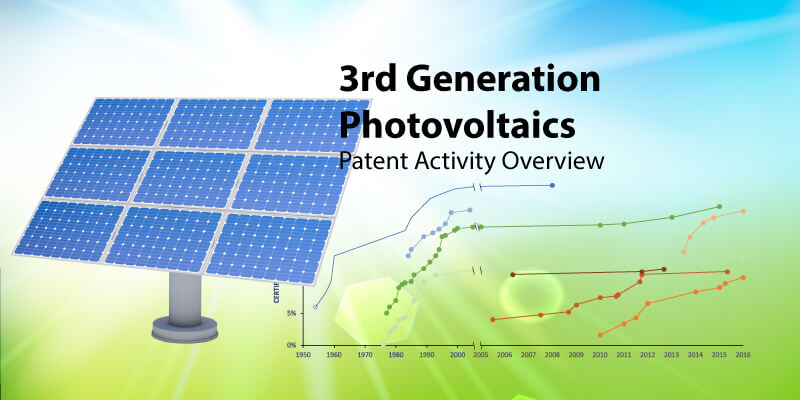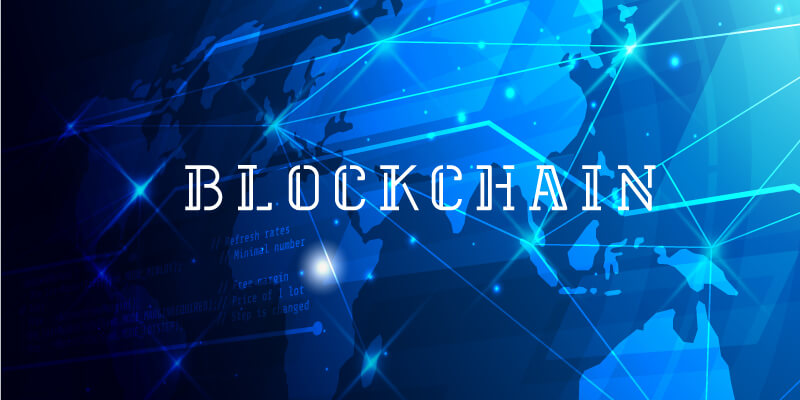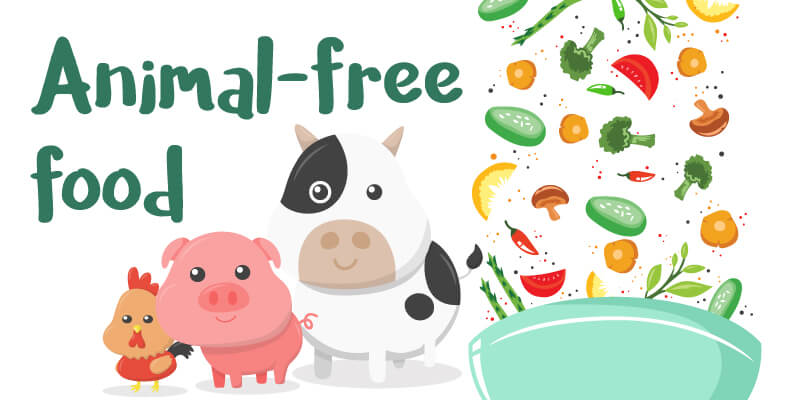In the first installment of this series, we caught up with Bruce Knuteson, former physics professor at MIT and now founder of Kn-X, a knowledge exchange startup.
Buy and sell useful, bluntly honest information — this is the core message behind his knowledge exchange system, an online platform wherein accuracy of information is rewarded and likewise, inaccuracy is penalized. In his paper, “Blunt Honesty, Incentives, and Knowledge Exchange“, he puts forward how this mechanism can solve science’s replication crisis and in turn, dramatically increase the pace of scientific progress.
This mechanism delegates the responsibility of determining correctness of information to the information purchaser. Drawing parallels to how social media has changed the way information is exchanged, consumed, and how a huge portion of fact checking has now shifted to the information consumer, our conversation led to the proliferation of fake news in modern media. In our interview, Bruce offered an interesting take on how his new ecosystem for information exchange could potentially affect the way people consume and sell information.
There has been lots of news about fake news recently. What do you think about this problem?
Human communication has always been a mixture of propaganda, entertainment, and information transfer. Today’s news isn’t all that different.
I have been developing a mechanism to facilitate useful, bluntly honest information transfer between anonymous parties. You can think of it as regular human communication, minus the fun parts, where the information receiver has to pay, and where the information provider is penalized if she turns out to be wrong
That sounds horrible.
(Laughs.) It is.
But making a good decision based on the right information can be really great.
Every day, people make decisions based on the information they have. Those decisions matter. Good decisions (generally) lead to better lives. Poor decisions (generally) lead to worse ones.
How does your mechanism facilitate useful, bluntly honest information transfer?
Suppose you are in a public space, and you overhear someone you do not know someone complaining about a technical problem they have been trying to solve at work. Suppose you know something that would help, but it would take you a couple of hours put your solution in a form that would be useful. If you could sell your solution to the person who needs it, everyone wins — you can make good money for a couple of hours of work, and the other person saves a lot of time for a reasonable price.
Unfortunately, to sell your solution, you need to convince the person you have a solution that is (1) useful to her and (2) accurate before you tell her your solution — because after you have revealed your solution, you can’t charge for it. This convincing is usually hard to do, so such transactions rarely occur.
The mechanism I developed solves this conundrum for a range of useful cases. The details are built into an online information exchange system (Kn-X) through which you can actually sell information.
Do you expect this will reduce fake news and improve the quality of political discourse?
Yes, in limited ways. Kn-X should make fact checking cheaper and easier, for example, and it may generally improve transparency on some issues of relevance.
I confess the quality of political discourse has a fundamental problem that I don’t see how to fix. It is well known that for any individual voter V, the cost of being informed and carefully deciding her vote vastly exceeds her expected benefit. *
For voting purposes, it is an undesirable fact that V has little to gain by ensuring the accuracy of the information she receives. This is a significant problem, and one that seems firmly baked into our current system of democracy. I do not know how to solve it, and I doubt I could effect constructive change even if I did.
For other purposes — e.g., decisions V makes day to day, in her working and social life — V has a great deal to gain by ensuring the accuracy of the information she receives.
In light of the above, I decided to focus on the problem of helping V get accurate information when she wants accurate information (e.g., to inform her day to day decisions) rather than when she may not deeply care (e.g., as a voter).
*For example, for a United States presidential election, the opportunity cost V incurs by spending a week being informed is (say) $1000, while the expected benefit to V is the probability her vote changes the outcome (say 1 in 10 million) times her portion (say 1 in 100 million) of the total benefit (say 1 trillion dollars) of electing candidate A rather than candidate B. V’s cost of $1000 vastly exceeds her expected benefit of (1 trillion dollars) / (10 million) / (100 million) = $0.001.
ABOUT BRUCE

Bruce Knuteson worked as an experimental particle physicist, as a physics professor at MIT, and as a quantitative analyst at a Wall Street hedge fund. He is the founder of Kn-X, a knowledge exchange startup.
CONVERSATIONS: OUR FUTURE
In Conversations: Our Future, we catch up with innovators and thought leaders in their respective fields to talk about the future — innovations, markets, current events and how technology shapes them all.






